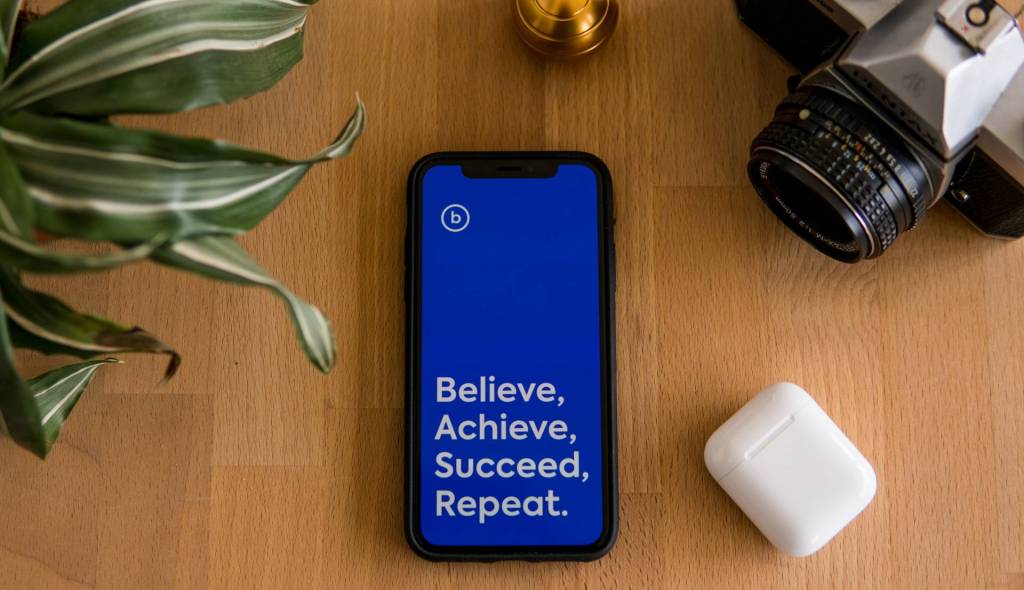I recently had a chance to catch up with Chantel Waterbury, founder and CEO of Chloe + Isabel, an exciting jewelry company that employs merchandisers to build their brand. It is very popular with Millennials, and each merchandiser is essentially an entrepreneur “side-hustling” to bring in extra income, which makes Chantel an excellent addition to the “Side-Hustle” series. We talked about the origin of Chloe + Isabel, the importance of having a side-gig, and how young people can get ahead in their career.
How do you define your “personal brand?”
What does it mean for your company? I think it’s great when your personal brand can shine through in everything you do – from hobbies and side-projects to eventually building your own company. The name of our company, Chloe + Isabel, represents two different personalities to which consumers and merchandisers can relate. For me, one’s personal brand is directly entwined with what our company stands for: digitally-savvy women who are leveraging their own personal brands to set up virtual storefronts and sell beautifully crafted jewelry at attainable prices to their friends and followers.
What gave you the inspiration to build your company?
I’ve developed, designed, and sourced jewelry for companies from Kenneth Cole to Macy’s to Old Navy, so jewelry has been my passion for a long time. But I actually started out paying my way through college selling Cutco Cutlery. I wanted to do something more meaningful with my expertise. Taking that direct sales model and putting a new, digital spin on it to help women develop valuable work experience and bring in needed income has been my inspiration.
What has been your experience with the “side-hustling” trend in Gen-Y? How do you see it impacting the marketplace?
Every day- I am inspired and amazed by the drive and savviness of our Gen-Y merchandiser. Our merchandisers range from someone who is trying to raise extra money to pay for a trip or school loans to someone who wants to be exposed to different skill-sets like marketing and merchandising to add to their resume. What has been most surprising is how many of them are just natural born entrepreneurs, which contributes to the notion of being great side-hustlers. They can juggle multiple things with how they leverage technology. They know how to capitalize on Chloe + Isabel’s platform which gives her tools to monetize on her online social influence. Offering a more personalized experience is very important to them and allowing their voice to be heard on shaping brand products and experiences.
How can someone balance the responsibilities of a “real job” with a digital side-project?
Not just from a time perspective, but to avoid negative criticism from employers? It’s important to keep the “real job” and side-project separate – make time for your side-project but, if you have another job, maintain the same level of responsibility that you always had. One never wants to burn bridges, and you never know who may be in a position to help you down the line. Just be aware of the right thing to do and be respectful of everyone’s time and efforts in the workplace as you are usually working toward a goal as a team. People are counting on you so it will be obvious if you are not pulling your weight or fully engaged toward that project. Time management is one of the most important skills to develop. You can make time for side projects if you stay focused and manage to personal deadlines you set throughout the day. Know what your distractions are and find a way to remove them.
What are 2-3 pieces of advice you would give to someone who is stuck in their career and looking to take a step to the next level?
1) Be willing to wear multiple hats and volunteer when the opportunity may arise to join a task force or side project team. Not only will it allow you to expand your skill-set but it will also highlight you as a potential leader.
2) Always maintain and approach things with a positive attitude. It makes a HUGE difference! I have seen more people lose out on promotions throughout my career because it took a bit longer for them to get to the next level and their feeling toward that turned into a negative experience for people around them.
3) Don’t be afraid to highlight your accomplishments. Just make sure it is directed at the right audience with the right message. You want managers and executives in your company to be aware of your contributions without it taking away from team efforts. It is hard for that information to always get filtered to the top.
Thank you to Chantel Waterbury for taking the time to share her insight.
Check out the other interviews in the series, Angelo Sotira, CEO of deviantART and Tracy DiNunzio, Founder of Tradesy.












